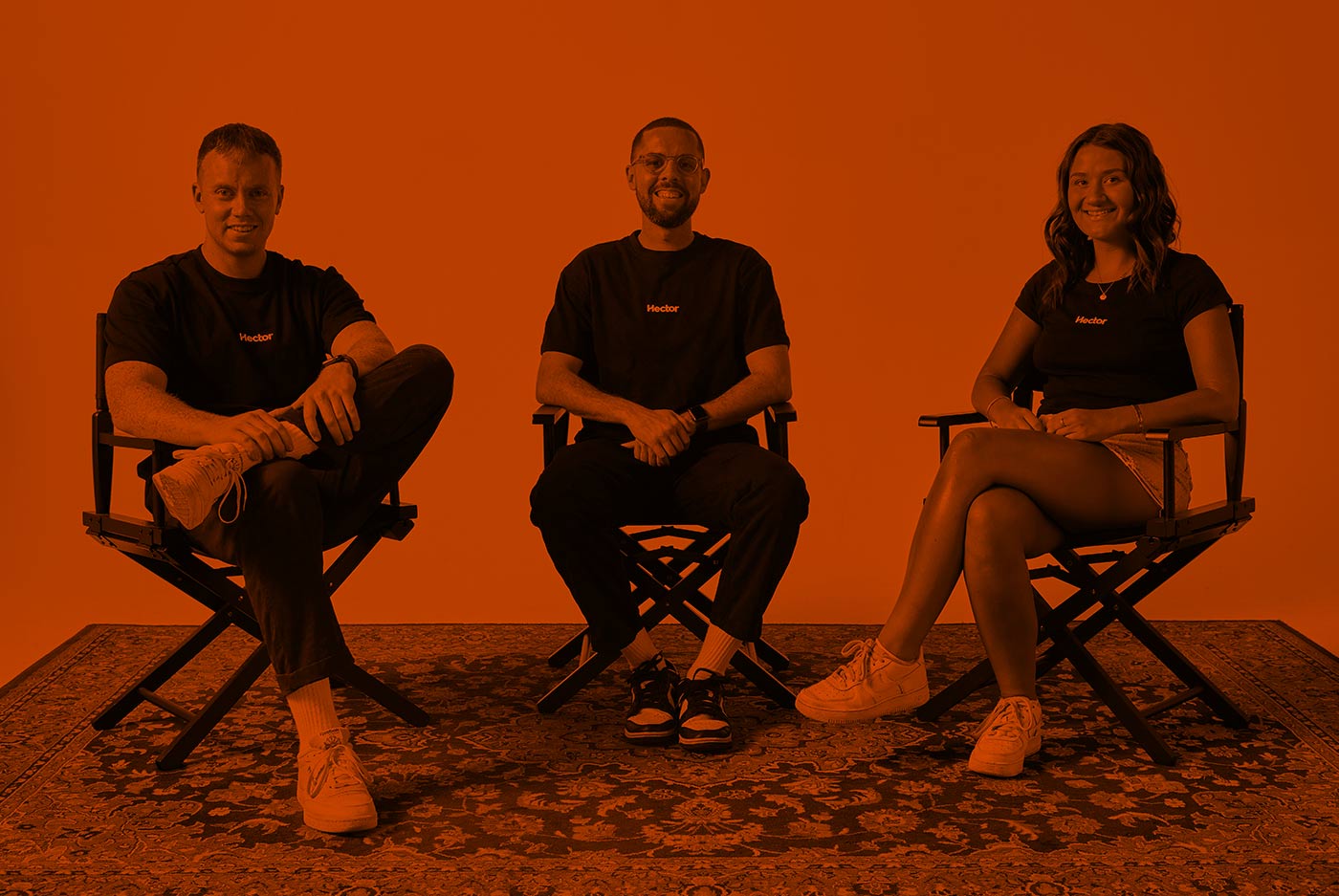When running any kind of training and development program, it can often be difficult to quantify the success of it straight away.
Everybody learns and processes information differently, and because of this, you’ll always have varied results post-training.
This doesn’t necessarily mean that the training wasn’t effective, it just means that it takes different time for different people.
However, if you don’t measure your training’s effectiveness at all, then you can run the risk of having disengaged cohorts of trainees, which instead turns your training efforts into a vanity project.
Training is about keeping people accountable
Let’s be honest, no one likes sitting through hours and hours of training. Even if you have the best attention span in the world, a lot of us (especially in recruitment) are doers.
We want to get out there and start making an impact immediately.
Training isn’t just about giving people the tools and information that they need to be successful, it’s keeping them accountable to actually use it.
So, how can you ensure that training is successfully implemented (and absorbed)?
Have a clear plan on how training will be followed up
Whether the training is a small module or an extensive amount of training spread across a few months, create a clear action plan on how training will be followed up, why it needs to be followed up, and who is going to be involved in the process.
Particularly in recruitment, we have to learn a lot all at once, and very quickly.
This means that we need to give recruiters clarity on when certain elements of training will be followed up so they have enough time to practice and implement it themselves.
It also opens up the opportunity for recruiters to express their concerns or feedback around areas of training that they may have found difficult.
That way, as a manager/leader you have a clear line of communication with all employees and everything has been agreed on (no hidden follow-ups!)
Ensure that the training has been planned with the employee in mind
You need a healthy mixture of practical, written, reading, video, and group exercises to ensure that trainees are going to be stimulated.
Even for senior individuals undergoing training – it doesn’t have to be boring and sitting in a classroom.
How can you switch things up? How can you create a training environment that is fun?
As recruiters, we aren’t meant to be in a classroom writing down answers to a Q&A.
We need variety in our training methodologies and it’s your job as a leader to ensure that you’re providing that.
Create a safe space for failure
We are all going to fail or get something wrong at some point in our careers. In fact, it’s probably a concern if someone has never made a mistake before.
Failure enables us to become stronger recruiters and learn from our mistakes – and during any type of training – a safe space should be created to allow that.
If we don’t support people’s failures, then they’re slowly going to withdraw from training and potentially even from their own role within the company.
Approach everything (especially training) with a culture of positivity and you’ll see incredible results.
Ensure the training is relevant for someone’s experience level
And finally, is the training actually relevant for this individual’s experience level?
This is where disengagement can occur – as recruiters need to be learning new things, not going over old ground that they already know.
Putting a recruiter with 2 years of experience into business development training for juniors may sound logical, but the techniques that you’d be learning in a junior training session are far too basic for someone with that level of experience.
Think about how you can adapt and improve training sessions and make them tailored for someone’s experience level.
Another way to do this is via communication – people are pretty self-aware (or at least they should be) of their faults and what they need to work on.
A simple conversation to understand someone’s pain points and what they want to work on will also allow you to create a structured personalised training plan that you can both be excited by.
See how Hector successfully reduced the time it took for 360 success.




